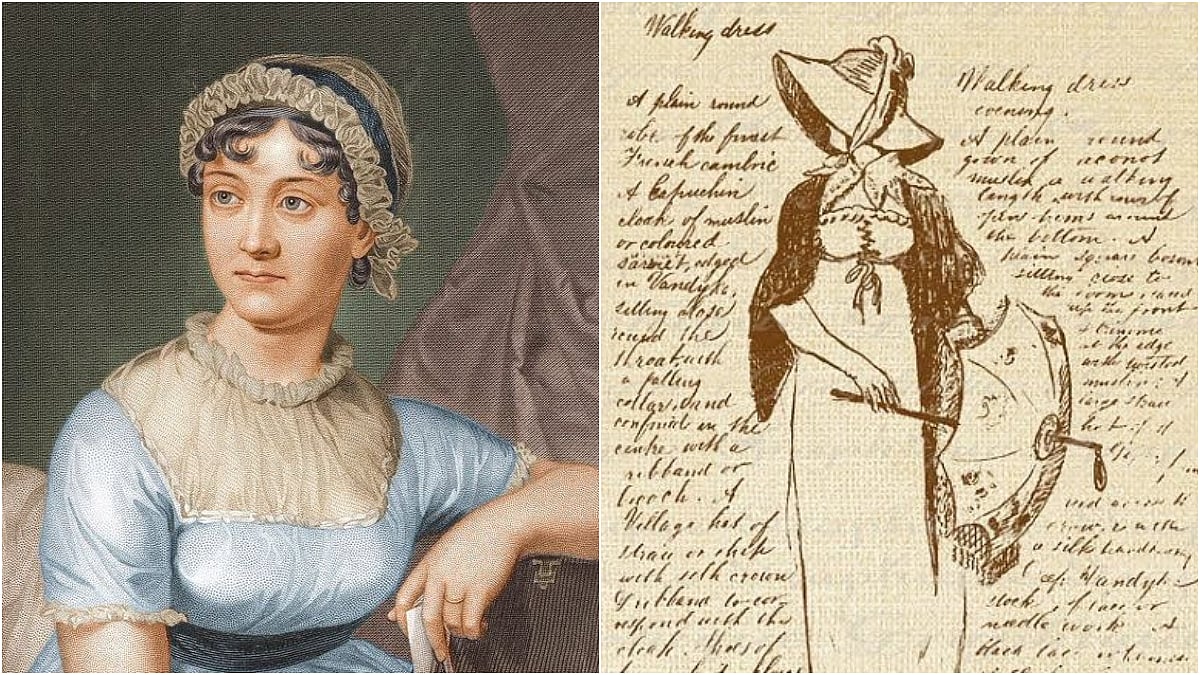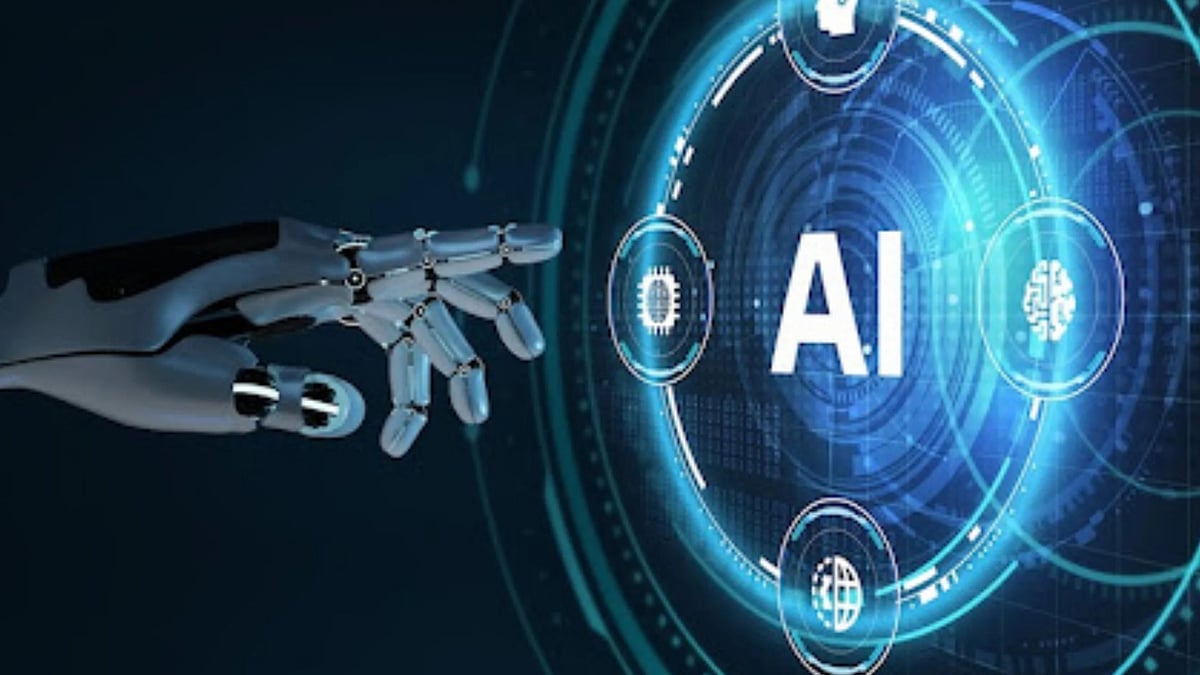These are difficult times for European politics. In early 2022, Viktor Orban won re-election in Hungary. Then in April, Marine Le Pe came close to winning the French Presidency, and just three weeks ago, the far-right Sweden Democrats, largely founded by Neo-Nazis, became the kingmakers in Sweden. But a real shocker came on September 25 when Giorgia Meloni, the head of the far-right Brothers of Italy party, triumphed in Italy’s general election. As the head of a right-wing coalition government, Ms Meloni is certain to become Italy’s new prime minister. Alarm seems an appropriate response.
The radical right’s clear victory in Italy is a disturbing moment in European politics, considering that Ms Meloni’s party – formed 10 years ago, and with roots in formerly fringe neo-fascist tradition – will dominate the most right-wing administration to govern the country in the post-war period. The third largest economy in the Eurozone and the founding member of the European Union (EU), Italy has now become an inspiration and a model for nationalist, authoritarian forces across the continent.
Through the election campaign, Ms Meloni did try to distance herself and her party from historical links to the Italian Social Movement (MSI) that was set up by supporters of Benito Mussolini after the World War II. She has said that the far-right is “a journey” and should now be considered a national conservative party comparable to the British Conservative party. But, according to European political experts, a more relevant and comparable benchmark for Brothers of Italy is Ms Meloni’s close ally Orban’s Fidesz in Hungary, which has developed a form of soft autocracy, which Orban describes as “illiberal democracy”.
Like in Hungary, Ms Meloni’s aggressive social conservatism is likely to make Italy a more hostile place for migrants, LGBT people and women seeking to exercise reproductive rights guaranteed by the constitution. Like Hungary’s prime minister, Ms Meloni too has pledged to defend Italy’s Christian identity by cracking down on immigration and upping Italy’s low birth rate. And like other right-wing European populists, she is an advocate of identity politics, hyper-nationalism and illiberal values. One of the first to congratulate Ms Meloni on her victory was Marine Le Pen, who said that “the whole of Europe is waking up, after Poland, Hungary, Sweden and now Italy”. After Ms Meloni’s triumph, Italy is set to becoming a beacon for Europe’s far-right.
But for those committed to economic and social cooperation and liberal democratic values forged by the EU since the second world war, this is a depressing picture, given that Italy is a major western European democracy. Ms Meloni will now be able to place her country at the head of forces favourable to rolling back European integration in the name of reactionary nationalism and identity politics. For years she has worked assiduously in building up far-right alliances and part of the explanation for her triumph lies in the weakness of the liberal democratic parties, which seem to have no idea how do deal with the right-wing parties.
Profiting from fractious divisions on the centre-left and popular frustration with established parties, after years of failing to improve working-class living standards, this is however not the only reason for Italy making a sudden and sharp turn to the far-right. It is the latest product of a long normalisation of right-wing parties dating back to former prime minister Silvio Berlusconi, who reportedly played a key role in today’s far-right breakthroughs.
Berlusconi has boasted that he “invented the centre-right in 1994” by allaying with the “League and the fascists” and claimed that “we legitimised and constitutionalised them”. His last government was felled by the sovereign debt crisis in 2011 and two years later he was banned from public office after a tax fraud conviction. This is said to have offered room for first the League and then Brothers of Italy to claim leadership over the right-wing coalition, thus strengthening their narrative of civilisational decline and nationalistic resistance.
If Italy will now have its most right-wing and also the first woman prime minister since 1945, the most pervasive worry is not that Meloni’s party will reinstitute fascism in Italy. It’s that a government led by her will transform Italy into an “electoral autocracy” a la Orban’s Hungary. However, political analysts are of the view that it’s easily said than done because for all the rhetorical radicalism and historic extremism of her party, Ms Meloni will not be operating in circumstances of her choosing. There are good reasons to expect that the new government may have little impact on European politics. Tied to the EU and constrained by Italy’s political system, Ms Meloni won’t have much room to manoeuvre. Any attempt by her to arrogate powers to herself would be stoutly opposed.
This is because Italy’s volatile political environment is balanced by democratic institutions designed to foster stability and prevent authoritarian backsliding. Another major barricade against autocracy in Italy is the country’s economic ties with EU. Italy’s fragile economy, predicted to grow 0.7% in 2023 according to the IMF, is heavily dependent on European institutions. The country is the biggest beneficiary of a European Commission-led recovery fund set to disperse in the next four years over 200 billion euros, in grants and loans. This economy-saving aid, crucial for Italy to save its economy from entering into recession, is conditional from respecting democratic norms. Playing by EU rules is therefore a must that Ms Meloni cannot do without.
It’s perhaps little consolation that if Europe is an incubator, it is also the container of the far-right. This is reflected in Brothers of Italy gradually tempering its Eurosceptic instincts over the years. However, Meloni’s sympathies and her political orientation lie with Europe’s illiberal and her platform is unmistakably nativist and radical.
The writer is a senior independent Mumbai-based journalist. He tweets at @ali_chougule









